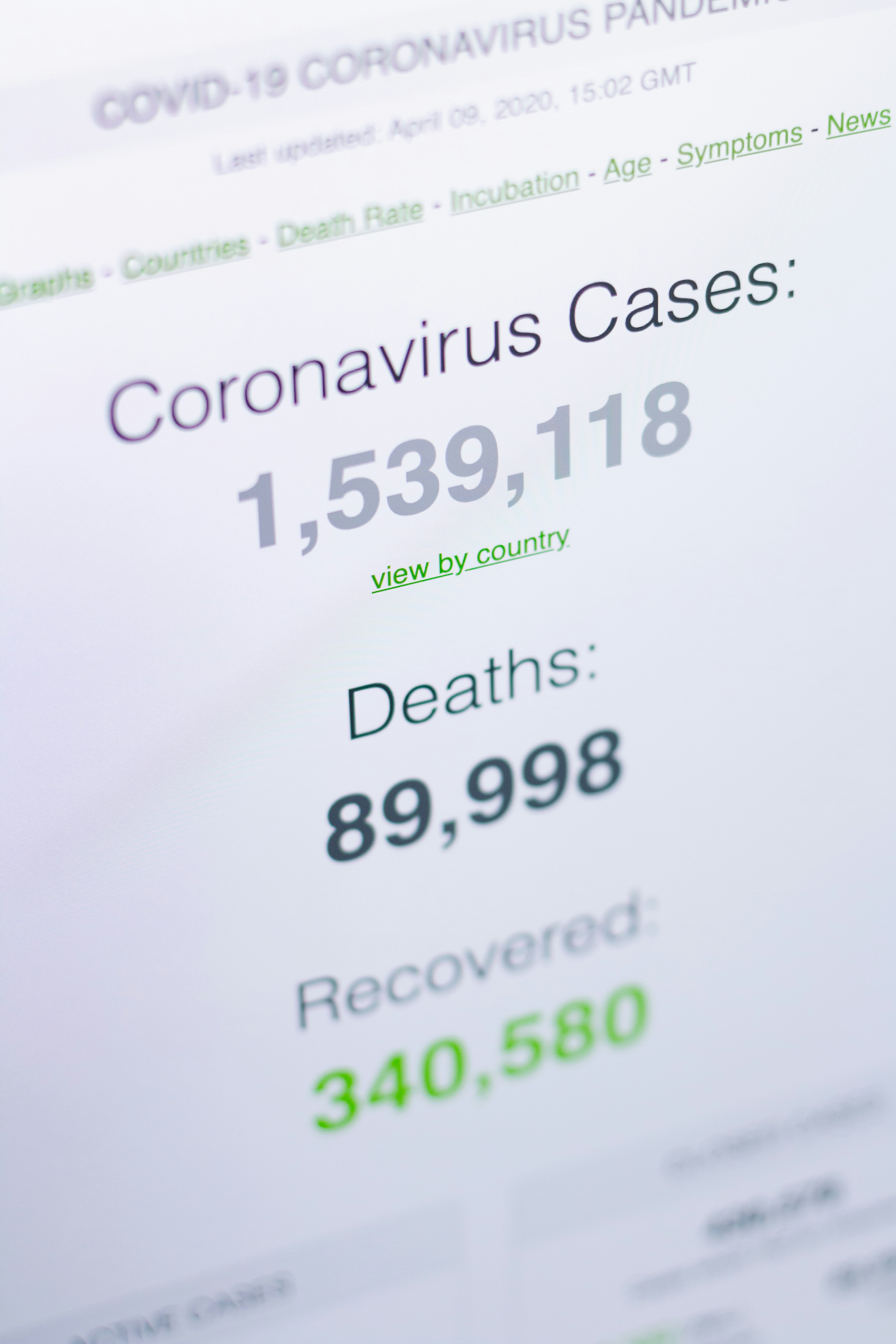
The Current State of COVID-19: An Overview
As of late 2025, the COVID-19 pandemic continues to affect countries globally, albeit in a different context compared to the initial phases. Significant progress has been made in vaccination efforts, with nearly 75% of the world’s population having received at least one dose of a vaccine. Many regions report vaccination rates surpassing 85% among eligible populations, reflecting a concerted effort to combat the virus. These achievements have resulted in a notable decline in severe cases and hospitalizations, particularly in vaccinated cohorts.
Despite these advancements, COVID-19 remains a persistent challenge, with localized outbreaks still occurring. Variants of the virus have emerged, and some, like Omicron subvariants, have demonstrated increased transmissibility, contributing to sporadic spikes in cases. However, current vaccines have proven effective at reducing severe illness and mortality rates, which has been crucia in managing the health impact of the pandemic. Infections are monitored through robust testing protocols, with data indicating that while cases have decreased significantly, vigilance is still required to prevent resurgence.
Countries have adopted varying public health policies in response to ongoing challenges posed by the pandemic. Many nations are moving away from stringent lockdown measures towards a more balanced approach that allows for normalization of day-to-day life, coupled with targeted interventions where necessary. International cooperation remains vital, with countries sharing data and resources to best navigate the aftermath of the health crisis. Additionally, healthcare systems are adapting to provide care for both COVID-19 patients and non-COVID health issues, emphasizing the importance of resilient healthcare infrastructure.
In conclusion, while the current state of the COVID-19 pandemic reflects an overall improvement, the situation remains fluid and necessitates ongoing attention to vaccination efforts, variant mobitoring, and global collaboration to ensure sustained control over the virus’s spread.
Emergence of New Variants: The Ongoing Threat
The COVID-19 pandemic has significantly impacted global health systems, leading to increased efforts in vaccination and public health strategies. However, as the virus continues to circulate, the emergence of new variants remains a pressing concern. Viruses, including the coronavirus responsible for COVID-19, are known for their ability to mutate frequently. This characteristic can lead to the rapid evolution of new strains, raising questions about their potential impact on public health.
Currently, several variants of the SARS-CoV-2 virus are known to circulate globally, with some variants exhibiting mutations that may enhance transmissibility or decrease the efficacy of vaccines. For instance, variants such as Delta and Omicron have demonstrated the ability to spread more easily and have sparked new waves of infection in different regions. Epidmiologists highlight that these variants pose an ongoing challenge, as they may evade the immune protection provided by previous infections or vaccinations, complicating pandemic control efforts.
Insights from virologists indicate that while vaccines remain an essential tool in managing COVID-19, the possibility of variants developing resistance to existing vaccines cannot be overlooked. The likelihood of this occurrence largely depends on the rate of viral transmission and the extent of vaccination coverage. It is crucial for public health authorities to maintain robust monitoring systems to detect and study the emergence of new strains effectively. Such systems involve genomic surveillance, which provides valuable data on the mutations and prevalence of various COVID-19 variants. This proactive approach enables timely adjustments to vaccination strategies and public health measures, safeguarding populations against potential outbreaks associated with newly emerged strains.
In conclusion, the evolving landscape of COVID-19, marked by the emergence of new variants, underscores the importance of vigilance in the fight against this pandemic. Continued research and surveillance will play a vital role in understanding these variants and reducing the risk they pose to public health.
Vaccination and Immunity: Are We Safe Yet?
The emergence of COVID-19 has brought about an unprecedented global health crisis, prompting a rapid scientific response centered around vaccination. Vaccines have proven to be pivotal in lowering the severity and transmission of the virus, drastically altering the course of the pandemic. Recent studies indicate that most vaccinated individuals possess a significant degree of immunity against severe illness caused by various strains of COVID-19, including some of the newer variants that have emerged.
However, emerging variants have raised legitimate concerns regarding vaccine efficacy. Researchers are continually studying the effectiveness of current vaccines against these mutations todetermine whether booster shots may be necessary. Preliminary findings suggest that while vaccines maintain a degree of protection against severe outcomes, the effectiveness against infection may wane over time or be diminished by new variants. Consequently, the introduction of booster vaccines has emerged as a critical strategy in the ongoing fight against the pandemic. These boosters aim to boost immune responses and enhance overall protection.
Another crucial aspect of managing COVID-19 is attaining herd immunity. Herd immunity occurs when a significant portion of a population becomes immune to a virus, either through vaccination or previous infection, subsequently decreasing its overall spread. However, public hesitancy surrounding vaccinations remains a major barrier to achieving this goal. The doubts arising from misinformation and personal beliefs can significantly impede collective efforts to overcome the pandemic. Thus, addressing vaccine hesitancy through education and outreach is essential for fostering trust and encouraging participation in vaccination programs.
As the situation evolves, it is imperative to balance the benefits of vaccination with the reality of potential risks associated with new variants. Continued surveillance and adaptive strategies will be necessary to navigate the post-COVID landscape effectively.
Looking Ahead: Preparing for the Future of the Pandemic
As we move forward from the initial crises of COVID-19, it is crucial for public health authorities and government entities to remain vigilant and prepared for potential future waves or new strains of the virus. The lessons learned during this global pandemic highlight the significance of continuous research and active surveillance in identifying emerging variants and understanding their implications. Scientific advancements must be prioritized to enhance our response capailities, including developing vaccines that are effective against a wider range of variants, as COVID-19 is likely to adapt just as other viruses have done historically.
Furthermore, adaptive public health strategies are essential in mitigating risks associated with future outbreaks. This implies a shift towards a flexible response model that can revert to stricter measures when necessary, such as masking mandates or social distancing protocols, based on real-time epidemiological data. The agility of public health frameworks will determine how effectively societies can manage the ongoing repercussions of the pandemic.
Societal and economic impacts will also play a significant role in shaping our post-COVID-19 world. Businesses and communities must learn to navigate living with COVID-19 as an endemic, which may mean integrating health measures as a standard operational protocol. Emphasizing the importance of mental health support and social well-being will be crucial as we adapt to the protracted nature of the pandemic. This includes addressing the socioeconomic disparities that have been magnified by COVID-19, ensuring that vulnerable populstions receive adequate resources and support.
In conclusion, preparation for any future variants requires a comprehensive approach that prioritizes research, public health adaptability, and socio-economic resilience. By learning from the current pandemic, we can better equip ourselves to confront potential challenges and protect public health in the long term.


